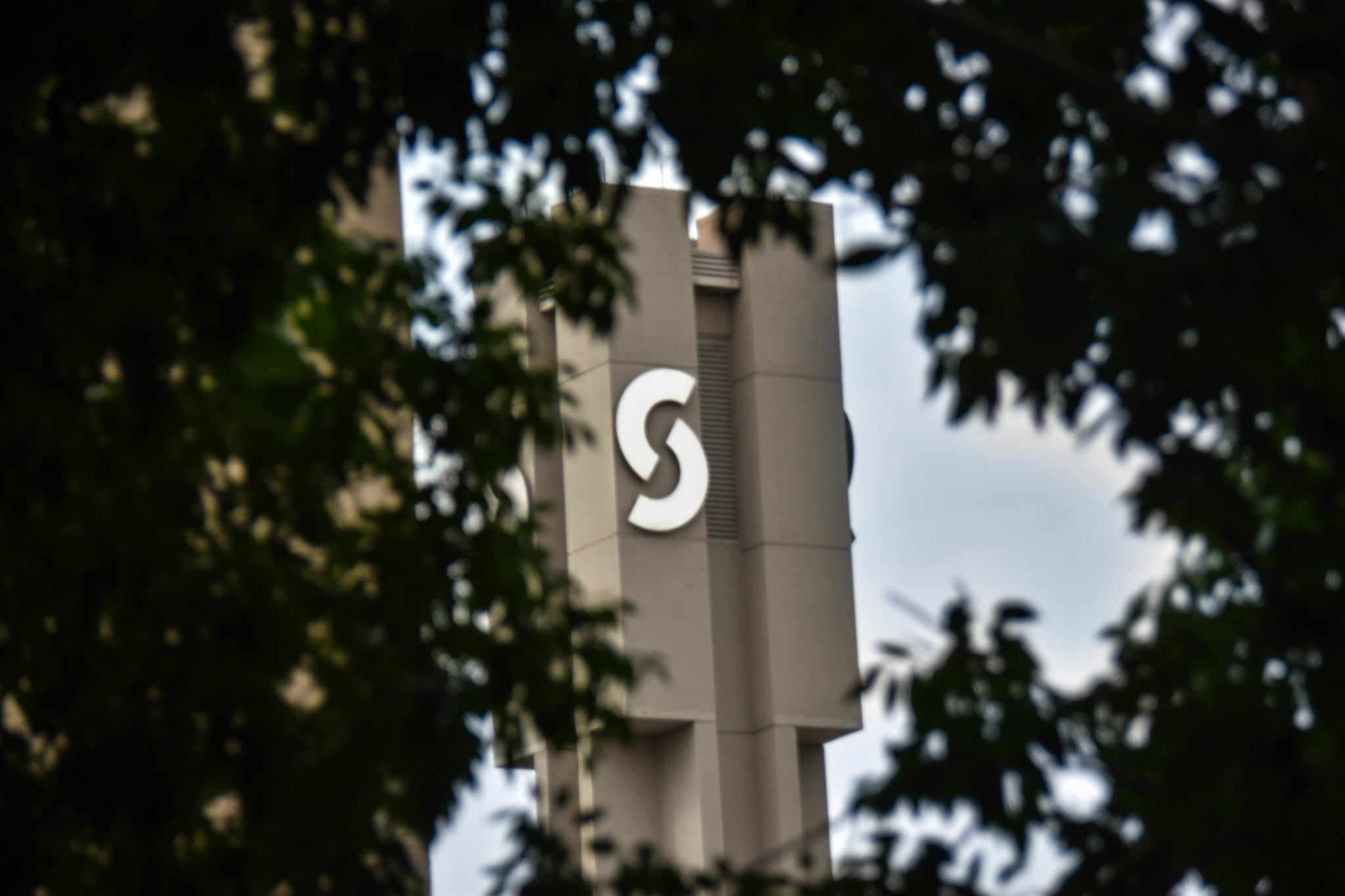Sinclair Community College offers various ways to help students pay for their tuition and other necessities. Recently, the school has made an effort to provide assistance to those impacted by COVID-19.
In November of 2020, the Sinclair Board of Trustees made the decision to approve $500,000 in funding for upcoming semesters. This Emergency Relief Grant Fund can be used to cover personal expenses such as a loss of job, car problems, rent, childcare or groceries.
“It’s funding that the college is going to give you and you don’t have to pay it back,” said Sinclair Senior Vice President, Dr. Scott Markland.
The grant has been offered for about a year, but with the occurrence of the coronavirus pandemic, the school has found it even more important to get the word out.

Sinclair has reached out to students who previously made contact with the school and spoke of their needs for assistance. The school has directed these students to the application form for the grant. It plans to continue this in the upcoming summer and fall semesters.
Students can fill out the Emergency Relief Fund form online. The Ombudsman Solution Center also provides a link to the application and information on the grant. The center includes a variety of resources including those related to the coronavirus, local food banks, and assistance with long-term expenses. There is a button on the page that allows students to request a meeting with the Ombudsman Office. It currently only offers meetings over Zoom and the phone.
“You might have problems one month, but we really want to make sure you’re in a sustainable path to make sure that all of your needs are going to be met using the resources in the Dayton area,” said Financial Aid Officer over scholarships, Katherine Gonzalez.
To receive the grant, students do have to meet certain requirements. One of these being an enrolled student in the current semester. They also have to be registered for six credit hours and maintain at least a 2.0 GPA.
“Generally, if you’re in…good academic standing at Sinclair and registered for the six credit hours, you have the best chances for being selected for funding,” said Gonzalez.
Students will be asked to explain their needs on the relief form and the amount of funds they would like to request. They will also be asked to provide documentation of the issues they have experienced.

Once they apply, students will usually receive a response to their application quickly:
“The Ombudsman Committee tries to make a decision or at least communicate with students within a week of when they apply,” said Gonzalez. “If students fill out an application for the emergency grant, they should be checking their Sinclair email every day for updates because the committee will sometimes ask additional follow up questions.”
Students will also need to keep an eye on the Student Refund app on their Sinclair homepage after logging in. If approved for the Emergency Grant fund, they will need to choose the method in which they wish to receive the grant, such as a direct deposit or a mailed check. If students do not choose their preferred option, it could cause a delay in receiving the funds. The grant is sent straight to students once they are approved.
A number of funds having already been sent out to assist students in the past year:
“Our own emergency fund by the Sinclair Foundation, in conjunction with the federal money, provided about four million dollars for students,” said Dr. Markland. “We’ve given out all the federal money from the CARES Act and we still have institutional money to help students who need assistance for small expenditures.”
Sinclair plans to continue to help students who need funding as much as possible:
“We’re trying to keep the financial support going as long as needed,” said Dr. Markland. “Let’s hope that we don’t have those needs.”
There is also currently not a limit as to how many students can receive the grant:
“We have actually gotten, especially over the past few months, a variety of different funding sources to help with this emergency grant fund,” said Gonzalez. “We don’t have a cap on the number of students that can receive the funding at this point. It’s for anyone that needs it.”

Students should also stay tuned to hear more information on receiving funds:
“There are plans in the works for another round of Federal stimulus money,” said Dr. Markland. “I don’t have details to share, but there will be additional support coming out for students in the coming year.”
Students should also note that the Emergency Relief Grant is different from tuition scholarships:
“The emergency grant funding is for personal expenses either related to COVID-19 or …[any] emergency expenses that students would have,” said Gonzalez. “It’s not going to pay towards the tuition and fees balance due. Our Sinclair scholarships or outside scholarships…are for tuition fees [or] books. They’re for school expenses.” For students who are interested in learning about scholarship opportunities, they can visit Sinclair’s scholarship webpage.
Rebekah Davidson
Intern


